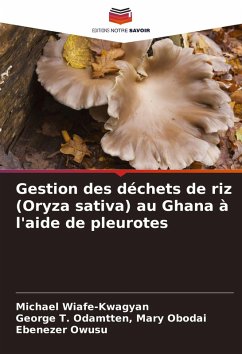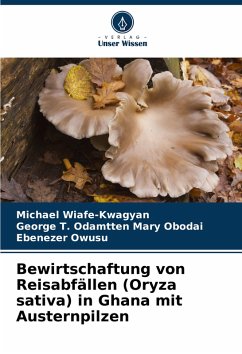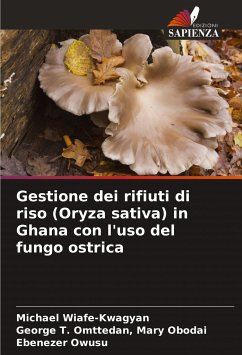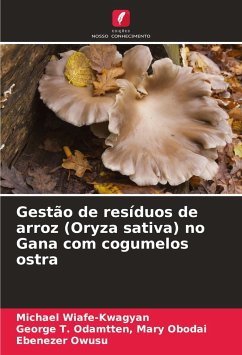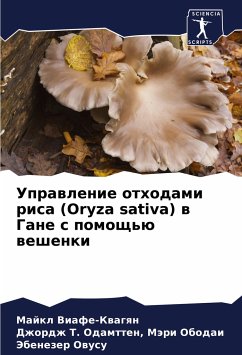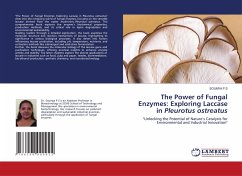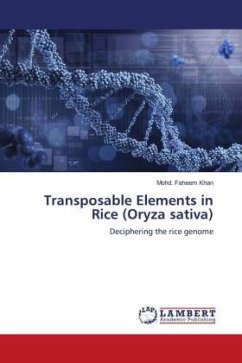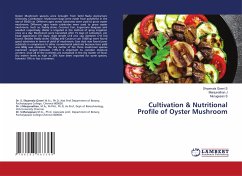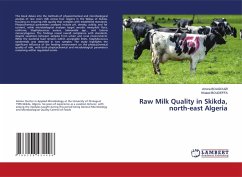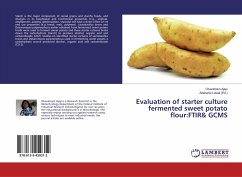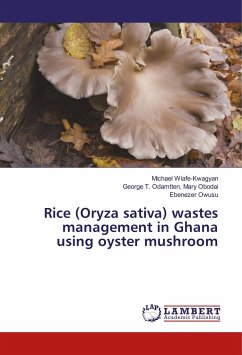
Rice (Oryza sativa) wastes management in Ghana using oyster mushroom
Versandkostenfrei!
Versandfertig in 6-10 Tagen
33,99 €
inkl. MwSt.

PAYBACK Punkte
17 °P sammeln!
Mushroom science covers mushroom production and it includes mushroom biology. Pleurotus ostreatus is easily artificially cultivated and it is also an efficient lignin- degrading mushroom that can grow well on different types of lignocelluloses materials worldwide in the tropics, subtropics and temperate regions. Pleurotus ostreatus is low in fat and calories hence good for diabetic patients, is also rich in vitamins B, D, K and sometimes vitamins A and C. It contains more protein than any other food of plant origin and are also a good source of mineral nutrients. Malnutrition is a problem in d...
Mushroom science covers mushroom production and it includes mushroom biology. Pleurotus ostreatus is easily artificially cultivated and it is also an efficient lignin- degrading mushroom that can grow well on different types of lignocelluloses materials worldwide in the tropics, subtropics and temperate regions. Pleurotus ostreatus is low in fat and calories hence good for diabetic patients, is also rich in vitamins B, D, K and sometimes vitamins A and C. It contains more protein than any other food of plant origin and are also a good source of mineral nutrients. Malnutrition is a problem in developing third world countries and therefore with flavour, texture, nutritional and medicinal value and high productivity per unit area it will serve as an excellent food source to alleviate malnutrition in developing countries. Pleurotus ostreatus is also effective against hypertension due to high preponderance of K over Ca and a balance between K and Ca. The cultivation process of Pleurotus can also solve one of the most important problems in soil waste disposal hence providing economical gain by protecting the environment from pollution and other health hazards.



